Journalism programme expands to Botswana to support specialist African reporters
Written by Mike Pflanz.
March 3 2022
Reporters in the programme travelled to Khama Rhino Sanctuary for a field reporting trip as part of a three-day masterclass. Image by Mike Pflanz.
Mentoring and funding African journalists to produce more stories about conservation and wildlife crime helps people understand the value of their natural resources, reporters in the African Conservation Journalism Program said as the initiative launched in Botswana this week.
Conservation stories - which often require significant investment as they take place in remote regions - are not a priority for cash-strapped newsrooms, they said, despite the huge economic impact wildlife crime can have.
Learning from experts and from one another, while being able to find new contacts and stories, would help improve their journalism, they said.
The program, funded by USAID Southern Africa and implemented by Space for Giants, aims to increase the number and quality of conservation news stories participants produce. Following its launch in Botswana in February, it will expand to Zimbabwe, Mozambique, and Angola.
“It takes a bit of learning, a bit of understanding to appreciate what we have in terms of conservation,” said Thobo Motlhoka, who writes for Sunday Standard. “Sometimes we see these things around but until somebody else comes and shows us how special this is, that's when we tend to appreciate it. I think we just tend to take them for granted most of the time.”
His interest in conservation had “sky-rocketed” since engaging with the program, he said. Dave Baaitse, a freelance reporter, echoed these sentiments. Following the program launch he said he had many new ideas for stories.
Solomon Tjinkeya is one of the two reporters in the program, along with Boniface Keakabetse, based in the northern Botswana town of Maun.
“Maun is the gateway to the Okavango Delta, and most of the issues that we encounter here as journalists are about the issues of environment and conservation,” he said. “I think this program will help us especially coming from this area because most of the time we have a shortage of resources to go to these remote areas, our main outlets cannot fund us to go to these far areas.”
The reporters commended sessions held as part of the program launch, where wildlife crime investigators and prosecutors, and investigative journalists including Benon Oluka, the Africa region head of the Global Investigative Journalism Network, and Nompumelelo Mtsweni from Oxpeckers Investigative Environmental Journalism, addressed the reporters.
They also visited the Khama Rhino Sanctuary in central Botswana, where not a single rhino has been poached in the 33 years since it was established.
“It was very informative in the sense that we got to understand what's happening, what we can do, what kind of news we can disseminate, and who we can engage with,” said Keletso Thobega, who writes for sister papers the Botswana Guardian and Midweek Sun.
“I learned to always identify the economic aspect of conservation. I think we don't understand how much of an economic factor wildlife crime has. I got to learn we're talking about a multi-billion dollar industry that's destroying our natural ecosystems. You come to understand why international activists are really trying to get a whole lot of work done against wildlife crimes.”
Innocent Tshukudu (left), who produces short documentaries for The Voice Online, said hearing from professionals working to combat wildlife crime gave him a greater understanding of the issue’s legal aspects and framework.
“Now I can approach the relevant stakeholders who work in wildlife conservation and our Department of Wildlife and National Parks, to actually engage them on issues on the state of wildlife conservation and wildlife crime, which is especially important considering that during recent times when we have seen a spike in poaching incidents.”
Wildlife crime is a multi-billion-dollar illicit business. It decimates Africa’s wildlife, and undermines economic prosperity and sustainable development, including from legal enterprises such as tourism.
It also threatens social stability and cohesion and impoverishes people of their cultural and natural heritage. Organized criminal networks threaten regional peace and security.
The African Conservation Journalism Program in Angola, Botswana, Mozambique, and Zimbabwe is funded by USAID/Southern Africa through its VukaNow Activity.
VukaNow supports shared commitments of the U.S. government, the Southern Africa Development Community (SADC), the private sector, and civil society to dramatically reduce wildlife crime across southern Africa.
The program’s emphasis is on strengthening enforcement, improving policy frameworks, and promoting collaborative action and learning to address wildlife crime, and journalists play a critical role in raising awareness about these global issues.
The African Conservation Journalism Program is implemented by Space for Giants, building on its existing work supporting journalists operating in Kenya and Uganda.
The Program will create a regional network of 24 professional journalists working for established African broadcast, print, or online media in Botswana, Zimbabwe, Angola, and Mozambique, and support them to deepen their understanding and passion for covering conservation stories, and to widen the reach of their reporting both in Africa and beyond. The best of their reporting will be republished on The Independent in the UK, amplifying African voices in global discussions about conservation.
To learn more about the programme in Southern Africa, click here.


